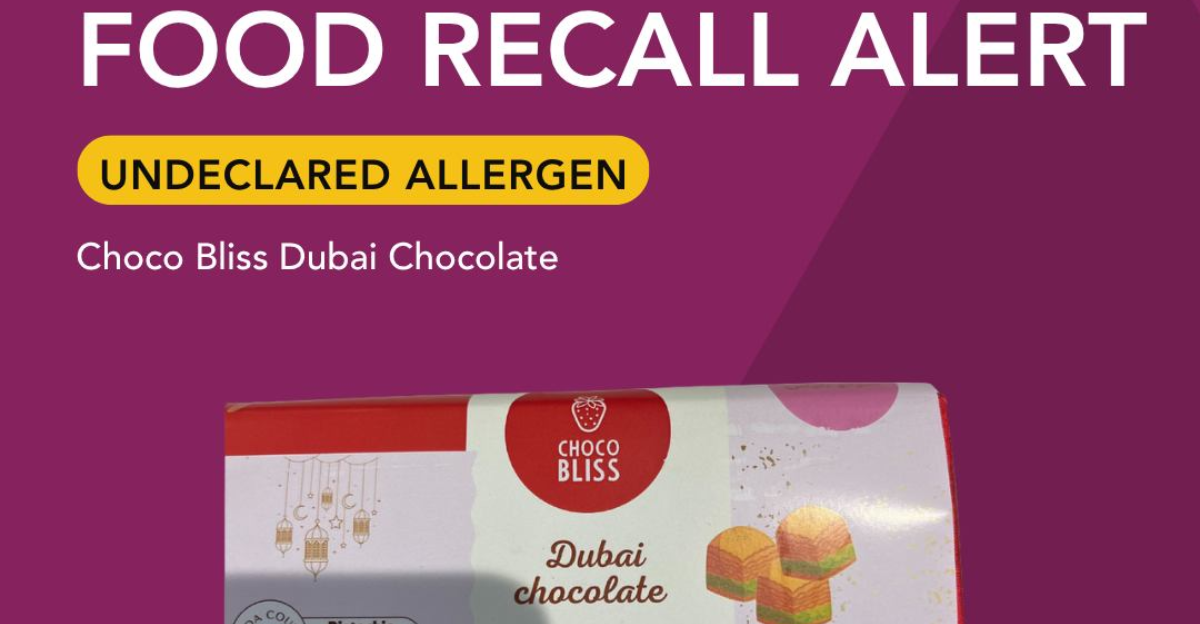
Something wild is happening with our products right now. In just seven days, at least seven widely used household items were officially recalled nationwide, ranging from food products to technology products. The thing is: it’s not new for a product to be recalled, especially if it’s either contaminated or defective. But seven recalls in one week are deeply concerning. Slip-ups can happen every so often, but to this extent, local and national authorities should be concerned. How will you know if the products you have at home are safe?
1. What to Do If You Own Recalled Items
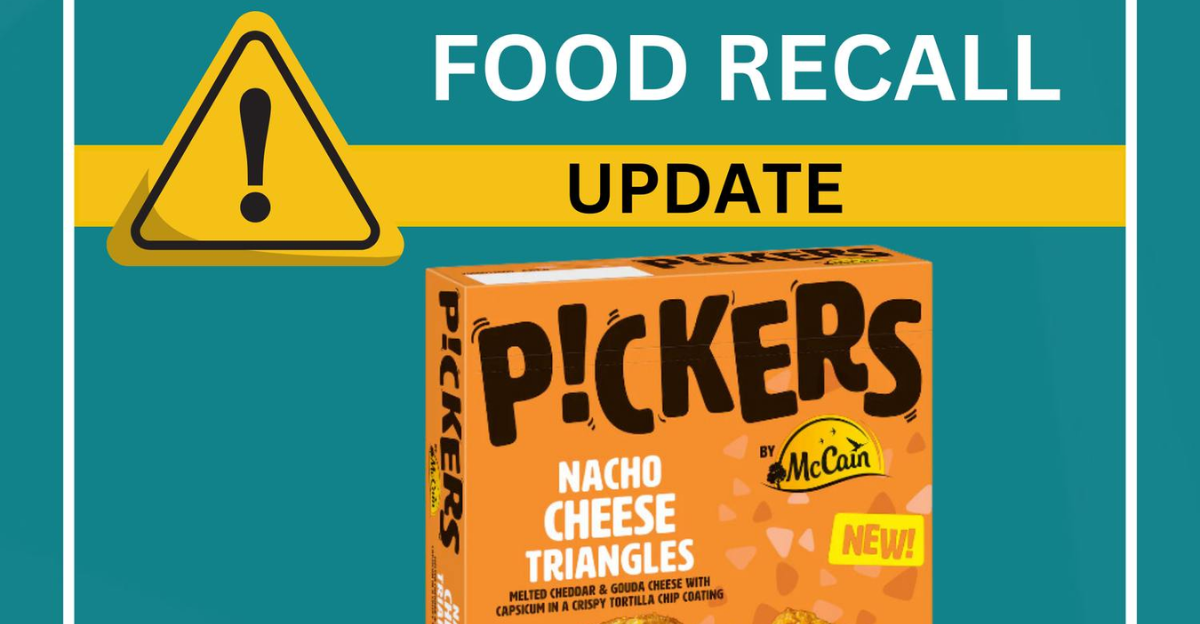
Stay safe and vigilant by creating certain house protocols if you own any recalled products. Once you’re aware of a recall, stop using the affected products immediately. For contaminated food products, clean any surfaces or containers that came in contact with them. If you’ve already eaten the product, watch out for symptoms like fever or stomach pain. Still have it at home? Check the latest advice from the FDA or the Consumer Product Safety Commission; they’ll explain how to return it safely or throw it out properly. You might also be able to get your money back, or even a replacement, so it’s a good idea to contact the company right away.
2. Imported Chocolate Spread Got Trending… Differently This Time

It seems like America’s sweet tooth got a sour surprise. A Dubai chocolate spread, highly popular on social media and sold at World Market stores across 32 states, tested positive for Salmonella contamination. This triggered a Class I recall, the FDA’s most serious level. This means that there’s a “reasonable probability” of severe illness or death once consumed. The outbreak was linked to four cases of Salmonella infection, with one hospitalization. Check if you have a jar with batch code 250401 and a “best before” date of April 1, 2027. You have to let that one go or report to the authorities. Don’t consume it. Safety first.
3. Ready-to-Eat Tuna Salads Pulled Out from 7 States
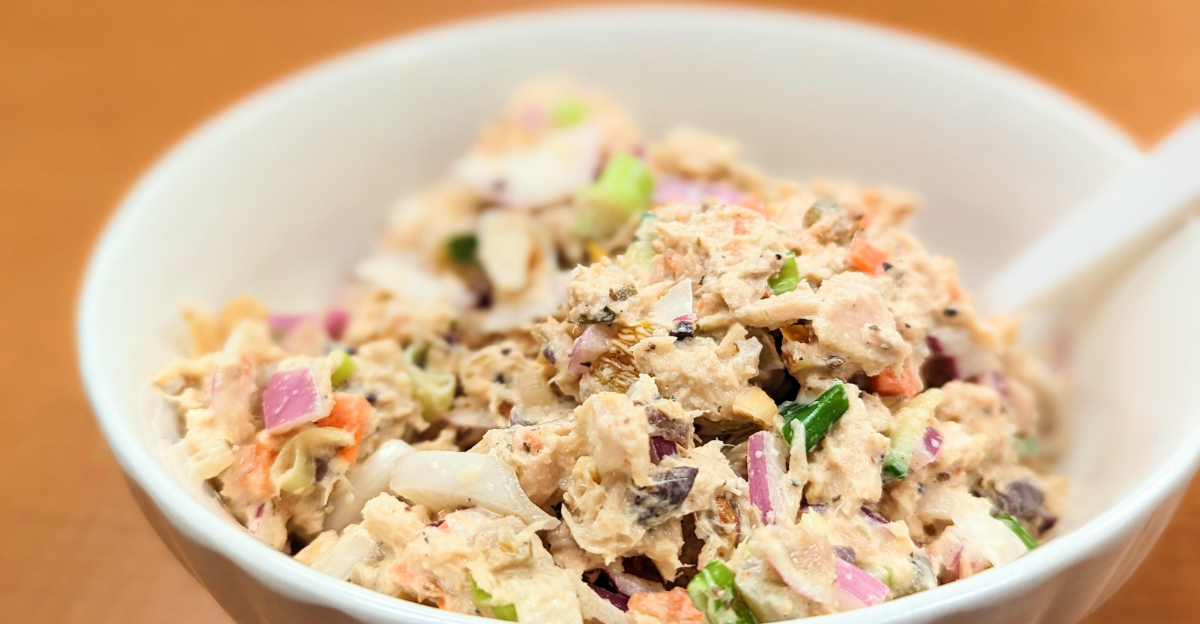
From sweet to savory, and this time, something was really fishy. Ready-to-eat tuna salads from Reser’s Fine Foods were pulled from shelves across seven states due to potential Listeria contamination. If you bought it from Albertsons, Randalls, Tom Thumb, or Jewel Osco stores in Texas, Louisiana, Illinois, Indiana, Iowa, Arkansas, or Oklahoma, you need to check your fridge and your salad. The recall affects deli case salads, sandwiches, trays, and platters with “sell-through” dates from July 16 to 19, 2025. Listeria poses significant risks, particularly for pregnant women and the elderly.
4. Multi-State Review Flags a Risk on an Ice Cream Bar Brand
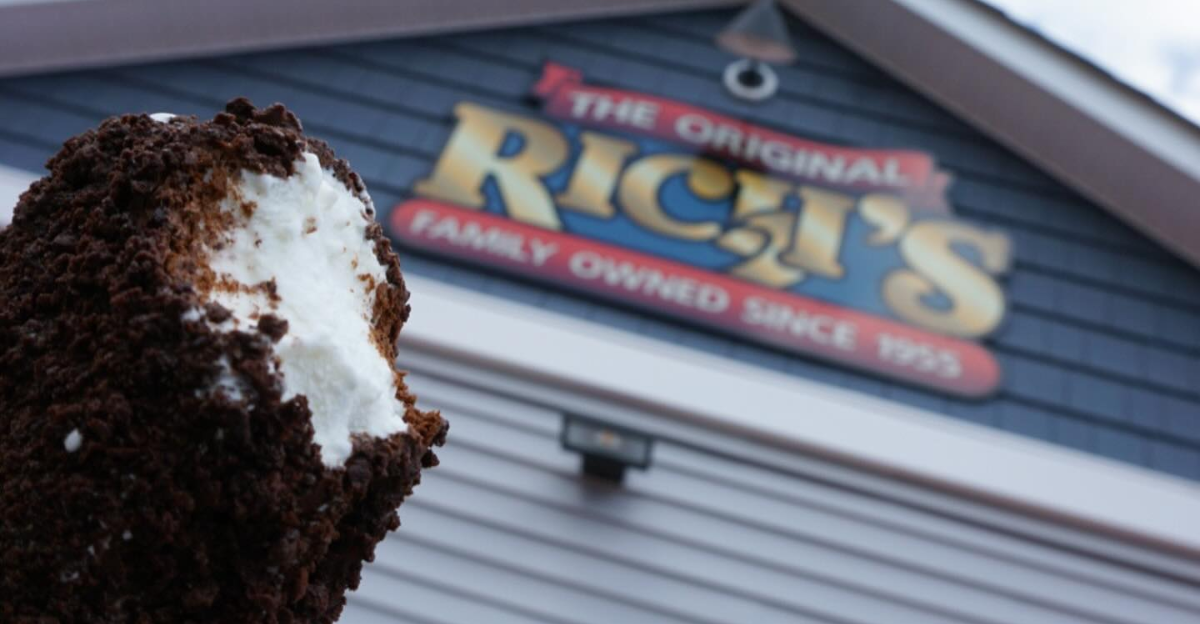
It’s now time to take them out of the freezer. Over 10 million bars from Rich’s Ice Cream Company were recalled in 23 states due to possible Listeria contamination. The FDA called it a Class II recall, meaning not likely to be deadly for most, but still a serious danger, especially for pregnant women and those with weaker immune systems. No illnesses have been reported yet, but the affected bars were mainly sent to schools and work cafeterias. When in doubt, better to toss than taste.
5. Discount Store Canned Fruit Got Unapproved Ingredients
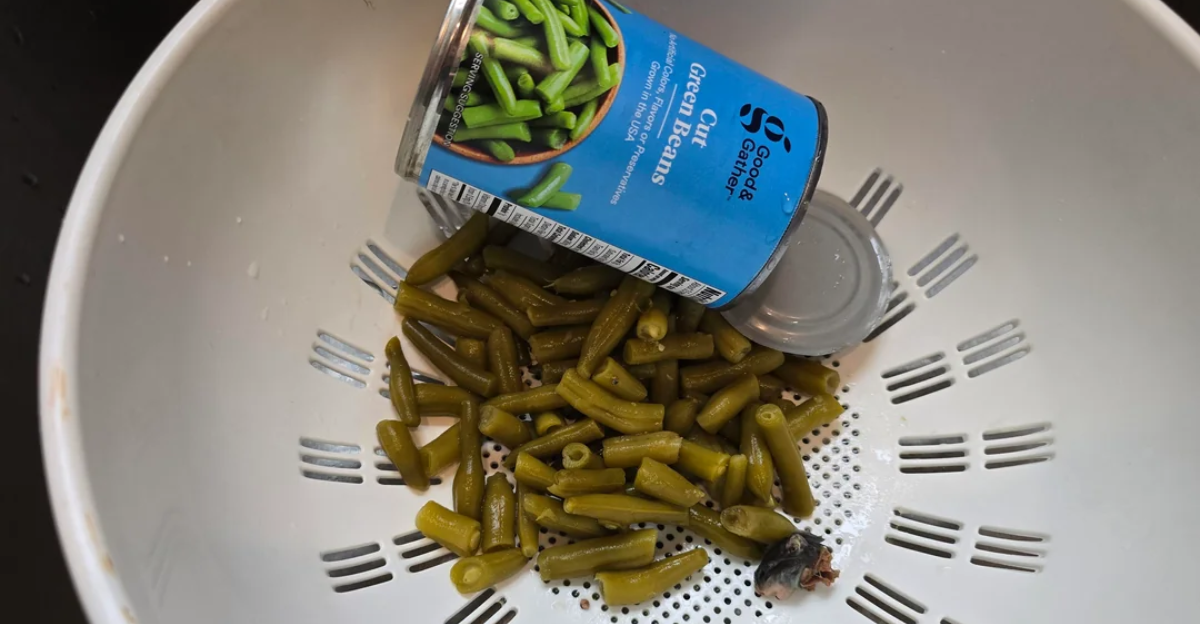
If you’ve recently bought canned fruit, double-check your pantry. About 200,000 cans of Good & Gather green beans were recalled in 21 states due to small foreign objects found inside. Separately, canned pears sold nationwide were pulled after testing positive for elevated levels of lead and cadmium, which pose a greater risk to children. Thankfully, no one’s been reported sick as of July 2025, but it’s wise to return or safely discard anything affected.
6. Popular Amazon Bug Zapper Recalled After User Reports
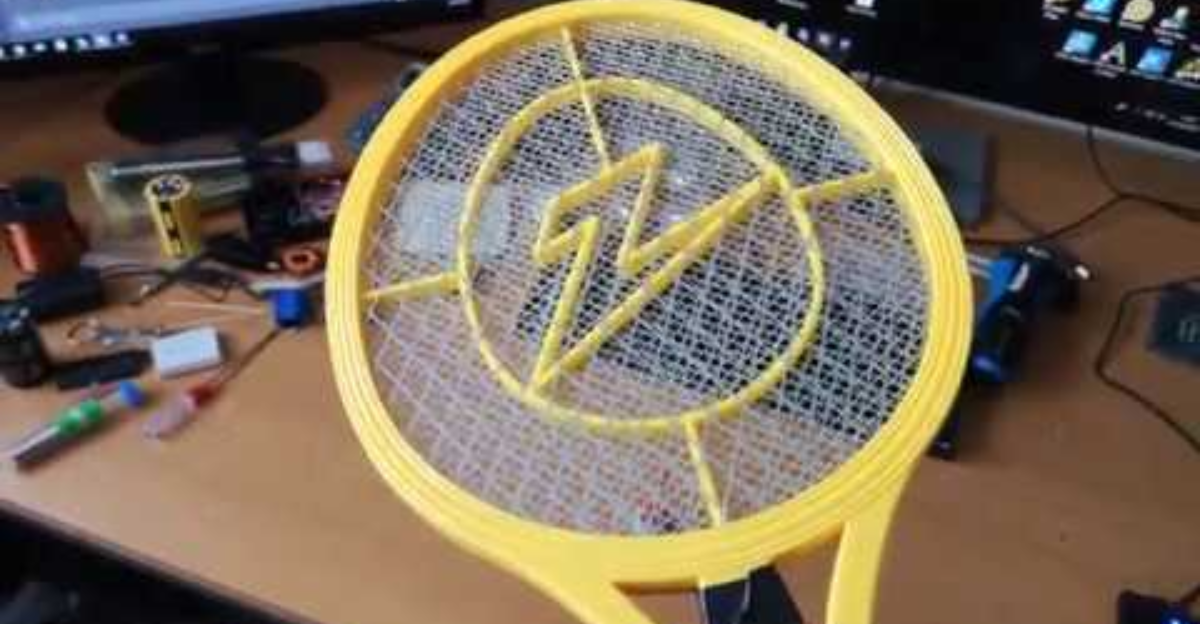
This bug zapper did more than just zap bugs; it also sparked a recall. Around 29,000 iMirror electric zapper rackets have been pulled out after three reports of the devices catching fire. Sold on Amazon between 2022 and June 2025 for $20 to $40, the handheld units now pose both shock and fire hazards. No injuries have been reported, but customers are being advised to stop using them immediately. If you own one, contact the company for a full refund. It’s always best not to play with faulty electronics.
7. Electric Scooter Maker Issues Recall Over Product Failure Risk
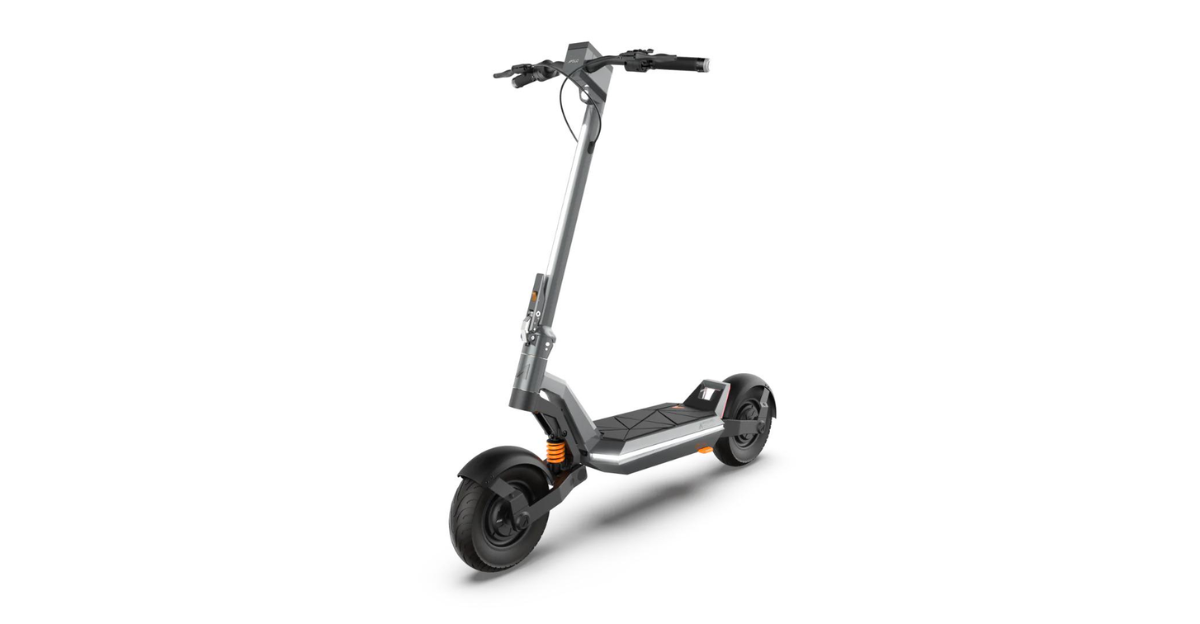
Hit those brakes, especially if what you’re riding is from Apollo, because nearly 800 scooters have been recalled nationwide due to a weld that can crack, causing the stem to break mid-ride. Ten users have reported issues, four fell, and one had minor injuries. The recall covers gray dual-motor models sold from June 2024 to April 2025, with speeds up to 32 mph. If yours is affected, stop using it and contact Apollo for a free replacement stem. You can find the serial number on the deck or through the Apollo app.
8. Multiple Incidents Involving Children Made Backyard Pools Recalled
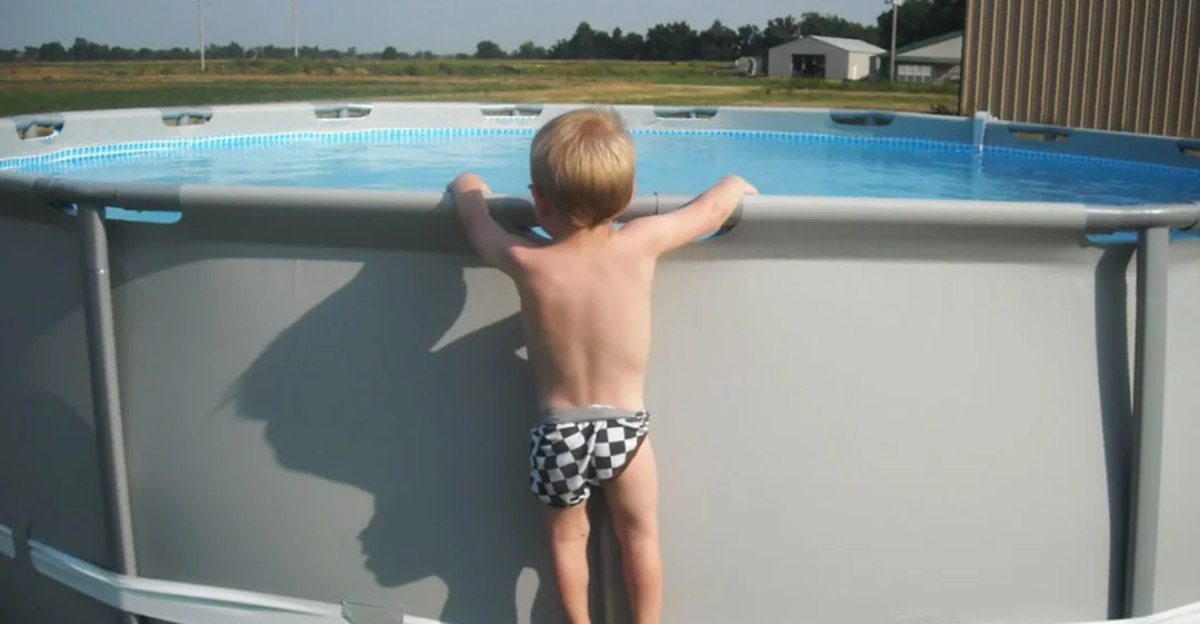
The popular above-ground pool is making waves for the wrong reasons. Nearly 5 million units, all 48 inches or taller, have been recalled after nine toddlers drowned over the years. The problem? Straps meant to hold the pool up can act like steps, letting little ones climb in even when the ladder’s gone. Most families were unaware that it was even a risk. If you have one of these pools in your yard, it’s best to stop using it and check the recall info. It’s a small step that could save a life.
9. How Recent Recalls Impact Everyday Product Safety
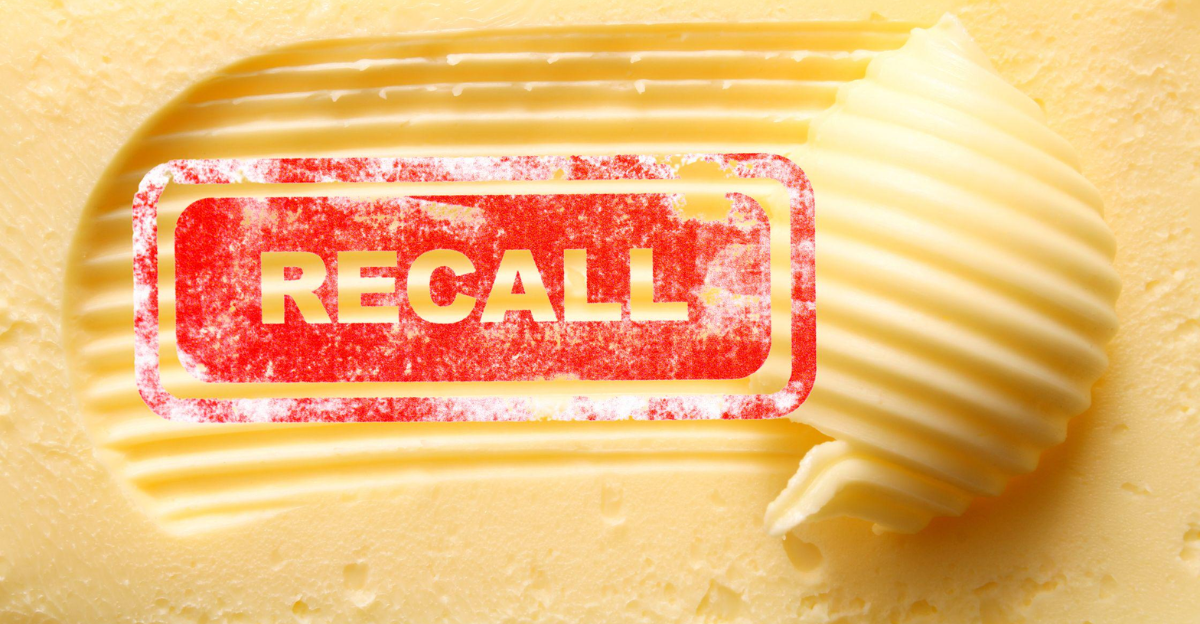
A 25% jump in product recalls, with 775 cases and a record that high for consumer goods, was spotted in the U.S., just in early 2025. More food, gadgets, and household items are being flagged as safety risks as rules tighten and testing improves.
Recalls are actually there to protect us, but they only work if people observe. A fast response can mean the difference between a close call and real harm. So when a product gets pulled, don’t ignore it. It’s not just about refunds. It’s about keeping yourself and your family safe.
